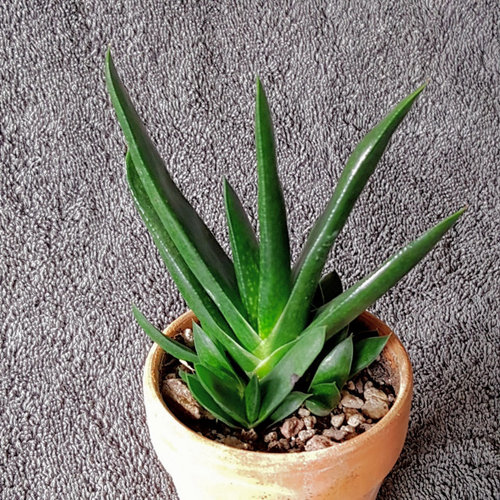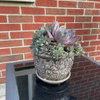Gardening Ethics - Disease Prone Plants - e.g. Gasteria bicolor w/BS
gardengems
4 years ago
Featured Answer
Sort by:Oldest
Comments (12)
gardengems
4 years agoRelated Professionals
Billerica Landscape Contractors · Glendale Heights Landscape Contractors · Norridge Landscape Contractors · Lincoln General Contractors · Northfield General Contractors · Orangevale General Contractors · Port Huron General Contractors · Seal Beach General Contractors · Horsham Carpenters · Albemarle Decks, Patios & Outdoor Enclosures · Boone Decks, Patios & Outdoor Enclosures · Folsom Landscape Architects & Landscape Designers · Athens Landscape Contractors · Point Pleasant Landscape Contractors · Struthers Interior Designers & DecoratorsRob Blomquist
4 years agogardengems
4 years agogdinieontarioz5
4 years agoMYAL plantLOVER
4 years agogardengems
4 years agogardengems
4 years ago
Related Stories

PETSSo You're Thinking About Getting a Dog
Prepare yourself for the realities of training, cost and the impact that lovable pooch might have on your house
Full Story
BEFORE AND AFTERSBefore and After: 6 Bathrooms That Said Goodbye to the Tub
Sleek showers replaced tub-shower combos in these bathroom remodels. Could this be an option for you?
Full Story
BATHROOM MAKEOVERSWhat I Learned From My Master Bathroom Renovation
Houzz writer Becky Harris lived through her own remodel recently. She shares what it was like and gives her top tips
Full StoryMore Discussions












aloebot